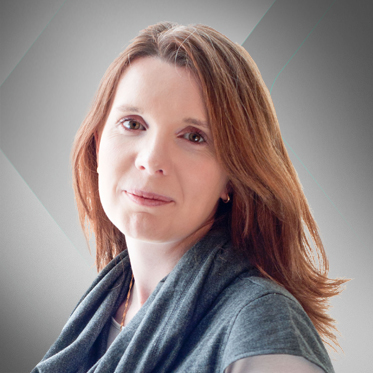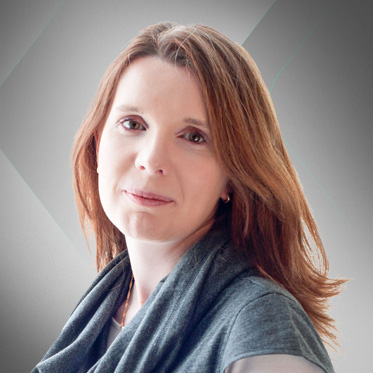Amnesty International report: shaming does not contribute to peace-building

Kurdistan is establishing itself as a peaceful Region amidst chaos one person at a time. A culture of peace is nurtured through training tomorrow’s leaders in nonviolent conflict resolution techniques and negotiation abilities. For this very reason, the American University of Kurdistan (AUK) requires all students to take—and pass— a peace studies course. AUK is the only institution in the region ensuring each graduating student is equipped to handle conflicts in a way that sets them on a path to peace and equality.
This week I taught students about contentious escalation tactics. Humans use combative tactics to escalate disputes, falsely believing that they will achieve their goals more quickly than if they depend on peaceful measures. Most people become socialized into responding with contentious escalation tactics, and by recognizing this inherent habit in ourselves, we can un-learn this knee-jerk reaction.
A common contentious tactic is shaming, which induces a notion of embarrassing one’s adversary so he or she will act according to the others' wishes. Shaming places the one doing the shaming on a higher moral plane. In turn, the shame is frequently rejected by the intended recipient. As such, this causes the one shaming to resort to heavier tactics.
Choosing shaming over dialogue is not peaceful and entrenches a culture of conflict. Last week Amnesty International engaged in such a tactic when they released a report stating that Kurdish Peshmerga forces are deliberately displacing Arab families and destroying their homes to ensure that they do not return. Amnesty International’s Peshmerga shaming is a manipulative act and diverts focus from the real story: people from all ethnic and religious communities struggling to rebuild their communities in the midst of war-induced displacement and destruction across Iraq.
Since March 2015, AUK’s Center for Peace and Human Security has interviewed over 150 people across the Zumar sub-district, from the border town of Rabia to the Mosul Dam. We met people who want to live in peace, and whose primary concern is to resume their daily lives after ISIS sought to destroy their realities and security forever.
Living peacefully among diverse groups was the strongest reaction to ISIS these communities found, defying the group’s infamous intolerance and hatred. We met an Arab man who confronted his prejudice after Peshmerga defended him and his village against ISIS. We met a displaced Arab family whose new home was entirely furnished by Kurdish friends from Duhok. We learned of an Arab family that sheltered and saved five Peshmerga fighters in August 2014. We met Arabs who are members of the large Shammar tribe in Rabia, eager to join the frontline to help Peshmerga combat ISIS.
These traumatized people are weaving a cohesive social fabric in the aftermath of a brutal conflict, and whose daily struggles are often rendered invisible through outside reporting. Keeping their struggles invisible escalates the conflict by silencing their voices and minimizing their experiences. Each person we interviewed expressed that they want to live under the protection of the Kurdistan Regional Government (KRG) so that the sectarian divisions that brought ISIS to Nineveh (Mosul Province) to begin with would never disturb their lives again.
The daily reality of the people in Nineveh is tragic and complex, yet deserves to be approached from the lens of what peace studies scholars refer to as “Appreciative Enquiry.” This approach investigates what works and how we communities can work toward weaving a stronger culture of peace.
Along with the KRG, the Nineveh Provincial Council (NPC) has strongly condemned Amnesty's report and has asked them to apologize to Peshmerga and the KRG. This March, the Center for Peace and Human Security at AUK is organizing a conference with the NPC on recovery, stabilization and peace.
During the event, we will be showcasing specific community actions contributing to maintaining social cohesion in the region. By bringing together all key local, national and international actors involved in stabilization, recovery and peace efforts in Nineveh, the conference will strive to develop a clear vision and strategy for supporting the people of Nineveh. Communities will share their commitment to transforming the narrative ascribed to them both by sectarianism and by shaming involuntarily aspects leading to perpetuating tensions.
Weaving a culture of peace gives a voice to everyone, and focuses on values such as inclusion, compassion and the promotion of inter-ethnic and religious solidarity, one person at a time. Let us give peace a chance to flourish in Nineveh.
Victoria Fontan is the Director of the Center for Peace and Human Security at The American University of Kurdistan.
The views expressed in this article are those of the author and do not necessarily reflect the position of Kurdistan24.
